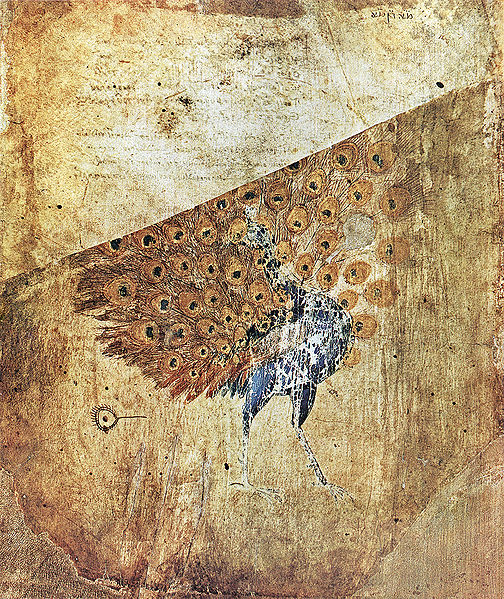Physiology is the scientific study of functions and mechanisms in a living system. As a subdiscipline of biology, physiology focuses on how organisms, organ systems, individual organs, cells, and biomolecules carry out chemical and physical functions in a living system. According to the classes of organisms, the field can be divided into medical physiology, animal physiology, plant physiology, cell physiology, and comparative physiology.
Oil painting depicting Claude Bernard, the father of modern physiology, with his pupils
Science is a rigorous, systematic endeavor that builds and organizes knowledge in the form of testable explanations and predictions about the world. Modern science is typically divided into three major branches: the natural sciences, which study the physical world; the social sciences, which study individuals and societies; and the formal sciences, which study formal systems, governed by axioms and rules. There is disagreement whether the formal sciences are science disciplines, as they do not rely on empirical evidence. Applied sciences are disciplines that use scientific knowledge for practical purposes, such as in engineering and medicine.
The Plimpton 322 tablet by the Babylonians records Pythagorean triples, written in about 1800 BCE
Plato's Academy mosaic, made between 100 BCE to 79 AD, shows many Greek philosophers and scholars
The first page of Vienna Dioscurides depicts a peacock, made in the 6th century
Drawing of the heliocentric model as proposed by the Copernicus's De revolutionibus orbium coelestium





